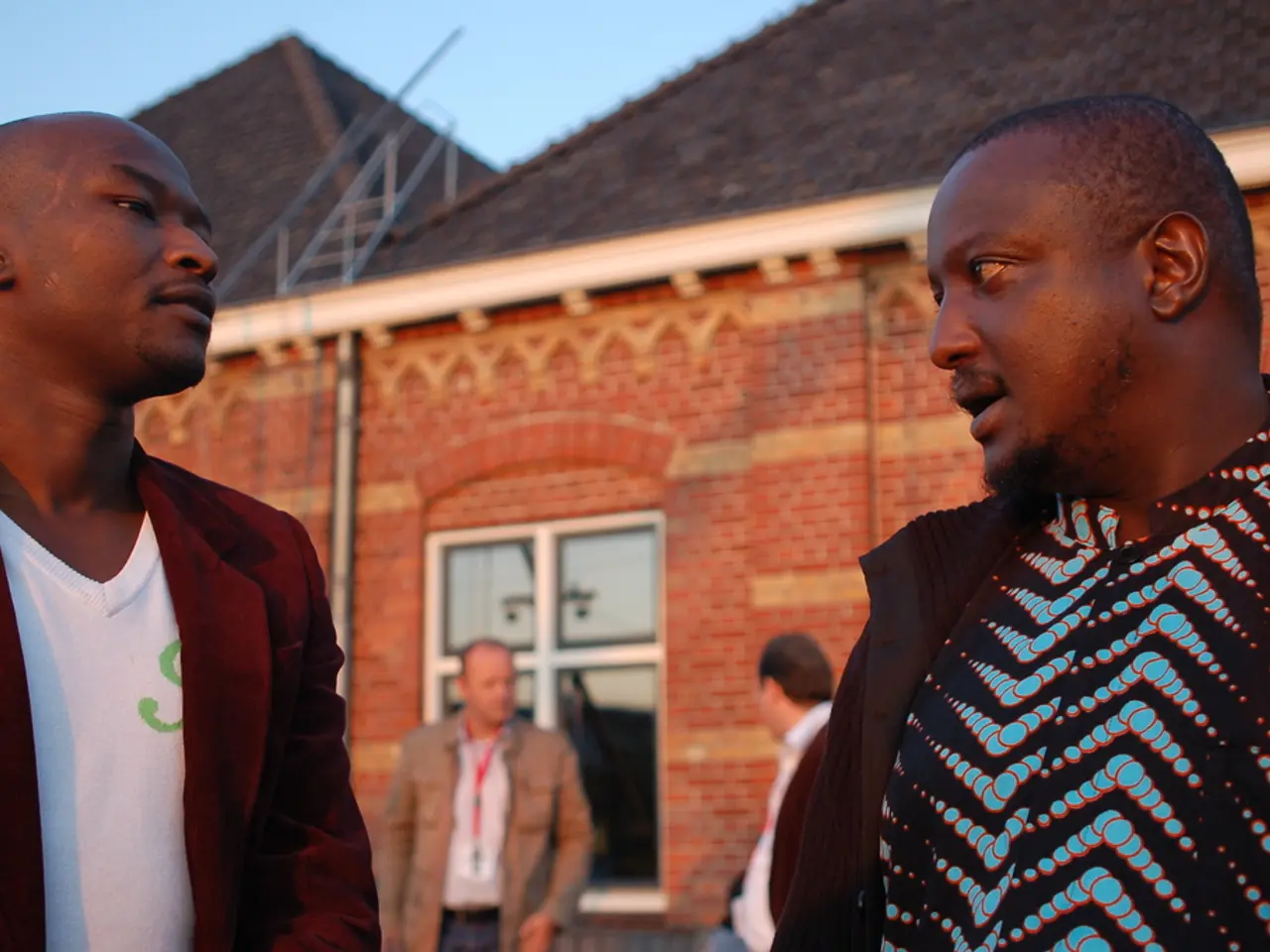Trump's order to halt funding for United States Agency for International Development (USAID) in Africa impedes the progress of local startups, ceasing essential financial support.
The sudden halt in funding from the USAID, triggered by President Trump's 2025 executive order, has left a significant void in the African startup ecosystem, particularly in Kenya. This near-complete stop-work order on existing foreign assistance awards has disrupted funding flows, halted ongoing programs, and created uncertainty for grantees and contractors dependent on U.S. aid.
Kenya's startup ecosystem, often referred to as Africa's "Silicon Savannah," has been significantly impacted. Many startups in the country rely on USAID-supported initiatives for capacity building, technological development, and market access. The shutdown has likely caused delays or cancellations of projects that provided critical services, training, and networking opportunities.
The humanitarian and development sectors connected to the startup ecosystem have also been affected, reducing resources available for innovation in health, agriculture, and digital entrepreneurship. With USAID programs largely dismantled or integrated into the Department of State under a new "America First" policy, only some life-saving humanitarian aid received waivers, while broader development funding, including support for startups, remained paused or terminated. Legal battles have further added to the uncertainty surrounding USAID's operations and staff.
However, the impact on Kenya's startup ecosystem is not without hope. Potential alternatives for startups after the USAID funding disruption include seeking multilateral and non-U.S. donors, private sector and impact investors, local government and regional programs, partnerships with NGOs and foundations, and strengthening self-sustaining business models.
The African Development Bank, World Bank, EU, and other bilateral donors continue funding startup ecosystems and development projects in Kenya. The increased focus on attracting venture capital, angel investors, and impact funds specializing in African tech and social entrepreneurship is also a promising sign. Kenya's government and East African regional bodies may scale programs to fill gaps left by U.S. aid reduction. Collaborations with global NGOs and philanthropic foundations that have independent funding streams can also provide a lifeline for startups.
Encouraging startups to build revenue-generating, scalable models less reliant on external aid is another strategy for mitigating the impact. The shift in the African startup ecosystem towards climate tech, a sector that has garnered increasing interest from impact investors, could prove beneficial in this regard.
Examples of startups that have benefited from alternative funding sources include M-KOPA and Twiga Foods, which have received DFC debt financing, and Pula Advisors, a Kenyan insure-tech startup, which received a $1.5 million USAID grant in 2023. SolarGen Technologies, BasiGo, and Maisha Meds are among the Kenyan startups that have received grants to develop solar-powered water purification systems, electric buses, and a platform for distributing medical supplies, respectively.
In 2024, venture capital funding in Africa moved away from the dominance of e-commerce and fintech to climate tech, with Ilara Health receiving a $1 million loan from DFC in January to enhance its diagnostic platform. Impact investors are showing increased interest in this sector, which could potentially lead to a more resilient and sustainable startup ecosystem in Africa.
Read also:
- Hematology specialist and anemia treatment: The role of a hematologist in managing anemia conditions
- Enhancing the framework or setup for efficient operation and growth
- Hydroelectric Power Generation Industry Forecasted to Expand to USD 413.3 Billion by 2034, Projected Growth Rate of 5.8% Compound Annual Growth Rate (CAGR)
- Increased tariffs resulting in higher prices at Shein and other Chinese fast-fashion retailers







